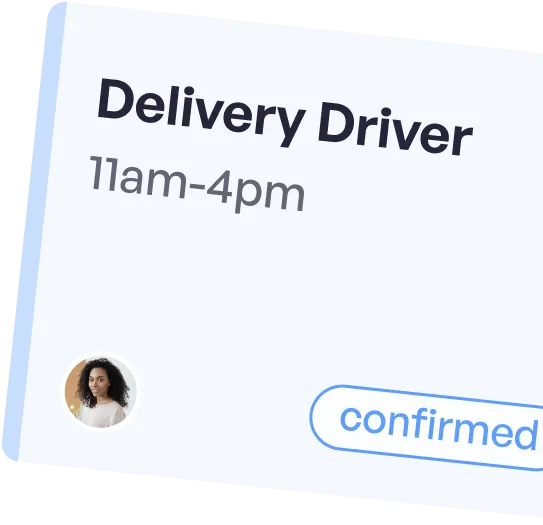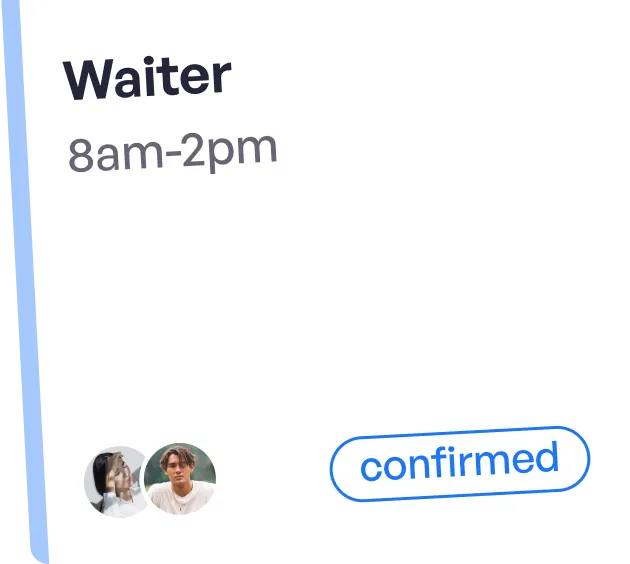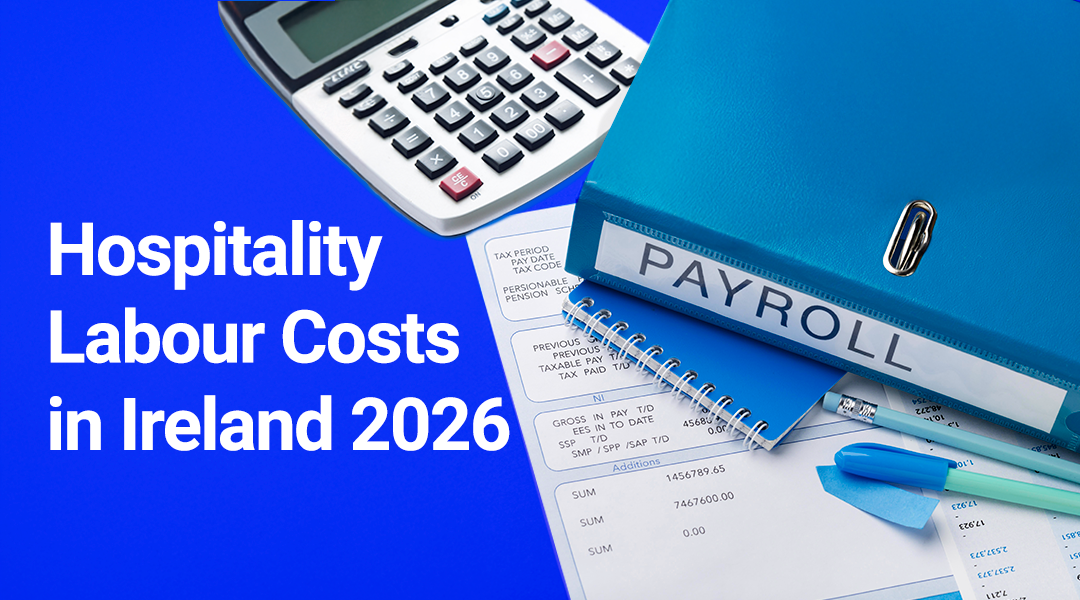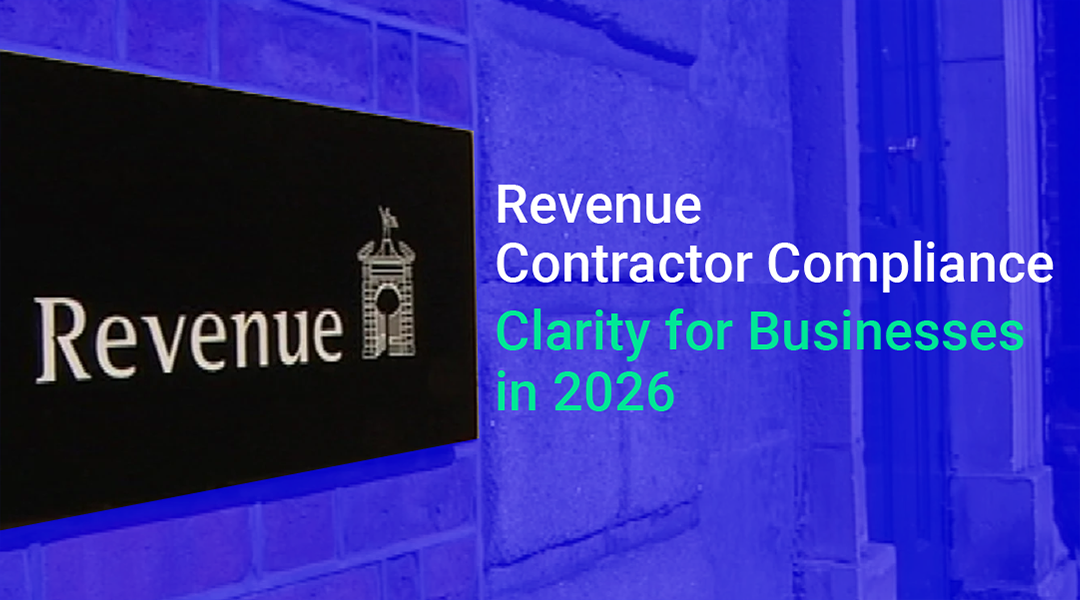Restaurant Employee Retention Strategies That Actually Work in 2025

The restaurant world has always dealt with staff coming and going, and that challenge is only getting bigger. This article will dive into why holding onto your team is more important than ever in 2025, what usually makes staff leave, and some smart ways to build a loyal, productive team.
Why Keeping Your Restaurant Team Matters More Than Ever
When staff are constantly leaving, it creates a lot of headaches for your restaurant. It's not just about finding new people; it costs you money, messes with your daily operations, and can even hurt your reputation.
The Cost of High Turnover
It might seem like staff changes are just part of the restaurant business, but the financial impact is huge. Replacing a worker isn't as simple as hiring a new face; it's an expensive process that really hits your bottom line. For example, nearly 40% of hospitality staff leave their jobs every year, according to Prime Agency Recruitment Limited. In restaurants, 38% of HR professionals reported increased staff turnover in the last 12 months, as per Zellis.
Let's look at the numbers. Toast POS, estimates the average cost of turning over one hourly restaurant worker in Ireland at around €5,864. This covers lost productivity, paperwork, and the time/money spent finding, hiring, and training replacements.

How It Affects Your Customers, Operations, and Brand
Money isn't the only thing you lose. High turnover casts a big shadow over every part of your restaurant. Imagine a regular customer coming in, hoping to see their favorite server, only to find a new person every few weeks. This lack of familiar faces weakens personal connections, leading to less happy customers, as highlighted by HR Cloud.
On the operational side, it's just as tough. New hires need time to learn, which can slow down service and make your team less efficient overall. Your existing staff often have to pick up the slack, leading to stress, burnout, and a drop in team spirit.
The Changing Job Market in Hospitality
The way people work is changing, and hospitality is right in the middle of it. We're seeing a big rise in the gig economy, where people are looking for more flexible work options. This trend is shaking up the job market, bringing in new ways of working that value adaptability and specialized skills.
In Ireland, for example, the gig economy is expected to be worth €700 million by 2025, according to Gigexchange. This means more and more talented professionals are seeking opportunities that fit their lifestyle, rather than the traditional, rigid schedules often found in restaurant work. Understanding and adapting to this changing job market is key to attracting and keeping the best talent now and in the future.

Common Reasons Why Restaurant Staff Leave
To keep your team, you first need to understand why they might leave. It's rarely just one thing; usually, it's a mix of factors that build up over time, pushing even your most dedicated staff away. From what we've seen across many businesses, these are some of the most common reasons:
1. Low Pay or Unpredictable Hours
Everyone needs to pay bills. Passion for food and service doesn't cover rent. If pay isn't competitive, or flexible workers struggle with unpredictable schedules, they'll look elsewhere. It's a basic need, and when it's not met, loyalty is hard to earn.
2. Not Enough Chances to Grow
Nobody wants to feel stuck. Many people join the hospitality industry hoping to move up, whether it's from a server to a supervisor, or a line cook to a head chef. If there's no clear path for them to advance, no opportunities to learn new skills, or if their ambition isn't recognised, talented staff will look for places where they can grow.
3. Poor Management and Bad Vibes
This is a big one. People often leave managers, not just jobs. A negative work environment - lack of respect, unfair treatment, or no appreciation – quickly demotivates even the most enthusiastic worker. A positive culture, built by strong, caring leaders, is crucial. When management isn't great, it affects everything, from team morale to customer interactions.
4. Not Enough Schedule Flexibility
Rigid schedules often clash with today's flexible hires' expectations. Life happens – appointments, family, personal interests. If workers feel they have no say over their work-life balance, or if flexibility requests are always denied, they'll seek roles offering more freedom and control.
5. Weak Training or Onboarding
Remember feeling lost on your first day? Many new restaurant staff feel this when training and onboarding are poor. If they don't feel prepared, or constantly make mistakes due to lack of guidance, frustration sets in. Strong onboarding sets new flexible hires up for success and makes them feel valued from day one.
6. Burnout and Work-Life Balance Problems
The hospitality industry is demanding: long hours, high pressure, tiring work. Without proper breaks, reasonable shifts, and genuine concern for worker well-being, burnout is almost guaranteed. When staff are exhausted and feel they have no personal life, their passion fades, and they're likely to leave. It's a tough industry, but it doesn't have to be unsustainable.
Many issues, especially inconsistent hours and limited flexibility, benefit from modern staffing solutions. Platforms offer flexible staffing models, like Gigable, bridge gaps, allowing businesses to cover shifts without overworking their main team, and giving individuals the flexibility they seek.
Proven Strategies to Retain Restaurant Staff
Now that we've talked about the common problems, let's focus on practical strategies that can turn your restaurant into a place where employees genuinely want to stick around.
1. Offer Good Pay and Predictable Hours
This might seem obvious, but it's the bedrock. Beyond good hourly wages, offer predictable pay structures. This means clear per-shift rates, transparent tip handling, and management tools that let workers see earnings in real-time. Financial stability is a huge motivator, reducing stress and making staff happier.
2. Build a Culture of Respect and Recognition
People thrive when appreciated. Create a respectful workplace by treating every team member with dignity, listening to concerns, and fostering an environment where everyone feels safe and heard. Recognition isn't always money; celebrating small wins, acknowledging birthdays, or giving public shout-outs for a job well done goes a long way. Acknowledging contributions builds belonging and makes staff feel like more than just a number.
3. Give Employees More Flexibility
This is where modern solutions really shine. Moving away from rigid schedules can be a game-changer. Here are some ideas:
Rotating shifts: Make sure everyone gets a fair share of the good shifts.- Gig-style scheduling: Let contractors pick up shifts that fit their personal lives.
More flexibility gives your team more control over their work-life balance, which is highly valued today. The more you can fit into their lives outside of work, the more committed they'll be when they're on the clock.
4. Make Onboarding and Training Top-Notch
First impressions count! A strong onboarding program makes sure new hires feel welcome, understand their roles, and have the skills they need from day one. This means more than just showing them the kitchen; it involves thorough training on your restaurant's specific ways of doing things, your culture, and what you expect. Think about using digital tools or structured plans to make training efficient and engaging. When staff feel confident and capable, they're more likely to stay and do great work.
5. Help Your Team Grow and Learn New Skills
Show your team that there's a future for them in your restaurant. Create clear paths for career growth, offering chances for cross-training, skill development, and promotions from within. Share success stories of staff who have grown with your business. Investing in your team's professional development not only boosts their morale but also creates a highly skilled and loyal workforce. It's a win-win for everyone.
6. Embrace Smart Technology
Technology isn't just for serving customers; it can totally transform your internal operations too. Scheduling platforms can make managing shifts a breeze, making it easier for employees to see their schedules and ask for changes.
Plus, using gig-style staffing tools, like Gigable, can give you access to a flexible workforce, helping you fill gaps efficiently without overworking your core team. This kind of smart tech empowers both managers and staff, leading to smoother operations and happier employees.

7. Focus on Employee Wellness
In a demanding industry, taking care of your team's well-being plays a huge part in your team retention. This should include:
- Comprehensive Wellness Perks: Beyond basic support, consider offering access to digital GP services, digital physio, mental health support, and even family leave assistance. These benefits, like those offered by Gigable to its contractors, show a deep commitment to their overall health and work-life balance.
- Income Protection: Provide peace of mind with income protection benefits such as accident & injury coverage, additional accident compensation, and robbery recovery assistance. Knowing they are protected financially in unforeseen circumstances can significantly reduce stress for your flexible hires.
- Daily Savings: Help your team stretch their earnings further with perks like fuel cards, grocery savings, and discounts on tech & electronics. These practical benefits, often part of comprehensive contractor packages like Gigable's, make a tangible difference in their daily lives.
A healthy and well-rested team, supported by robust wellness and financial security, is productive and engaged.
8. Talk to Staff Who Are Leaving and Learn From It
Even with the best strategies, some workers will eventually move on. The trick is to learn from their departure. Conduct thorough exit interviews to understand why they're leaving, and more importantly, actually use that feedback. This helps you keep learning and improving your retention strategies. Every departure, while a bit sad, is a chance for your business to grow.
When Should You Think About a Flexible Staffing Platform Like Gigable?
While building a strong core team is super important, there are times when even the best-run restaurant needs an extra hand. This is where flexible staffing platforms like Gigable can be incredibly valuable. They're not meant to replace your full-time staff, but to work alongside them as a cost-effective back-up solution.
Fill Staffing Gaps Without Burning Out Your Full-Timers
Unexpected call-outs, sudden rushes of customers, or even just a busy weekend can put a lot of pressure on your existing team. Instead of overworking your loyal staff, which can quickly lead to burnout, a flexible staffing platform lets you quickly fill these gaps. It helps your operations run smoothly without putting too much strain on your core employees.
Handle Busy Seasons or High-Demand Times
Many restaurants have busy seasons or special events that need extra staff. Hiring full-time employees for these temporary needs can be inefficient and expensive. Flexible platforms allow you to easily increase or decrease your workforce as needed, giving you the agility to meet demand without the long-term commitment of traditional hiring.
Attract Part-Time Pros Looking for Flexible Gigs
As we mentioned, the job market is changing, and many skilled individuals are looking for flexible work. Platforms like Gigable connect you with a pool of professionals who are specifically seeking part-time or gig-based opportunities. This opens up access to talent you might otherwise miss – people who are often highly motivated and experienced, but simply prefer a different work style.
Cut Down on Hiring Costs and Time
Traditional hiring can be a long and expensive process, involving job ads, interviews, and background checks. Flexible staffing platforms significantly reduce these costs. They offer a streamlined way to find qualified staff quickly, saving you money and time. This efficiency lets you focus your resources on what matters most: running your business.
Gigable's Contractor Benefit Package: A Big Plus for Everyone
Gigable stands out because it offers a fantastic benefit package to its contractors, and here's the best part: it costs employers absolutely nothing extra.
This is a huge advantage because it helps attract and keep top-notch flexible talent by giving them valuable support, without adding to your operational expenses. It's a great example of how modern solutions can benefit both businesses and workers.
These benefits include:
- Everyday Savings: Contractors get significant discounts on daily essentials like groceries, fuel, tech, sportswear, fashion, entertainment, and travel. For instance, they can save up to €250 annually on fuel.
- Wellbeing Support: Access to professional care, including online doctor consultations, digital physio, family support services, mental health help, and financial advice. This means contractors can get medical advice, counseling, and financial guidance whenever they need it.
- Income Insurance: This covers various unexpected situations, including Accident & Injury Coverage, Additional Injuries Compensation, Accidental Death Coverage, Disability Compensation, Family and Compassionate Leave, and Robbery Recovery Assistance.

Attract and retain top flexible talent with Gigable's comprehensive contractor benefits, provided at no extra cost to your business.
FAQs
Let's answer some common questions about holding onto your team in the restaurant set-up.
What’s a good restaurant turnover rate?
While restaurants always have staff changes, a healthy turnover rate across all industries is usually 10-15% annually, according to Roosted. For restaurants, a lower rate is always best. Aiming below the industry average would be a huge win. The goal isn't zero turnover, but to keep your best people and avoid the costly, disruptive effects of constant staff changes.
How long does the average restaurant worker stay?
The average restaurant worker tends to stay for a short time, often around 110 days. This shows how temporary many roles can be and highlights why strong retention strategies are crucial to make them stay longer and build a stable team.
Can gig workers help with staff burnout?
Absolutely! A big benefit of bringing gig workers into your staffing plan is that they can really take the pressure off your full-time staff. When you have a flexible pool of talent to call on for busy hours, unexpected absences, or special events, your core team is less likely to be overworked. This reduces the risk of burnout, boosts morale, and ultimately creates a healthier work environment for everyone. It helps your full-time employees have a better work-life balance, knowing they won't always be asked to cover extra shifts.
Should small restaurants focus on keeping staff or being flexible?
For small restaurants, both are super important and go hand-in-hand. Keeping your core team is vital for consistency, customer relationships, and retaining knowledge.
However, flexibility, especially through platforms like Gigable, helps retention. It allows small businesses to handle changing demand without overworking limited staff, and attracts skilled workers who might not seek traditional full-time jobs but are perfect for specific needs. By embracing flexibility, small restaurants create a more sustainable and less stressful environment for their core team, which helps them stay.
Conclusion: Staff Retention Is a Must, Not a Nice-to-Have
To wrap things up, keeping your staff in hospitality, especially in restaurants, isn't just nice; it's a smart business strategy. The big financial and operational costs of high turnover demand action. By understanding why staff leave and using proven strategies, restaurant owners can build a stable, engaged, and productive team.
Offering good pay, creating a respectful workplace, providing flexibility, improving training, helping staff grow, using smart technology, and focusing on wellness all help build a strong team. The changing job market, with its growing demand for flexibility, brings both challenges and opportunities. By smartly using flexible staffing solutions, like Gigable, you can fill staffing gaps and improve work-life balance for your main team, leading to them staying longer.
It's time to see your staff as your most valuable asset and invest in their long-term success. That investment will pay off not just in lower costs, but also in happier customers, smoother operations, and a stronger brand. Check out how Gigable can support your restaurant's staffing strategy, giving you the flexibility you need to really shine in 2025 and beyond.
Try Gigable today
Take the next step and join Gigable today. Let's put those insights into action and boost your business or freelance career!



More articles



